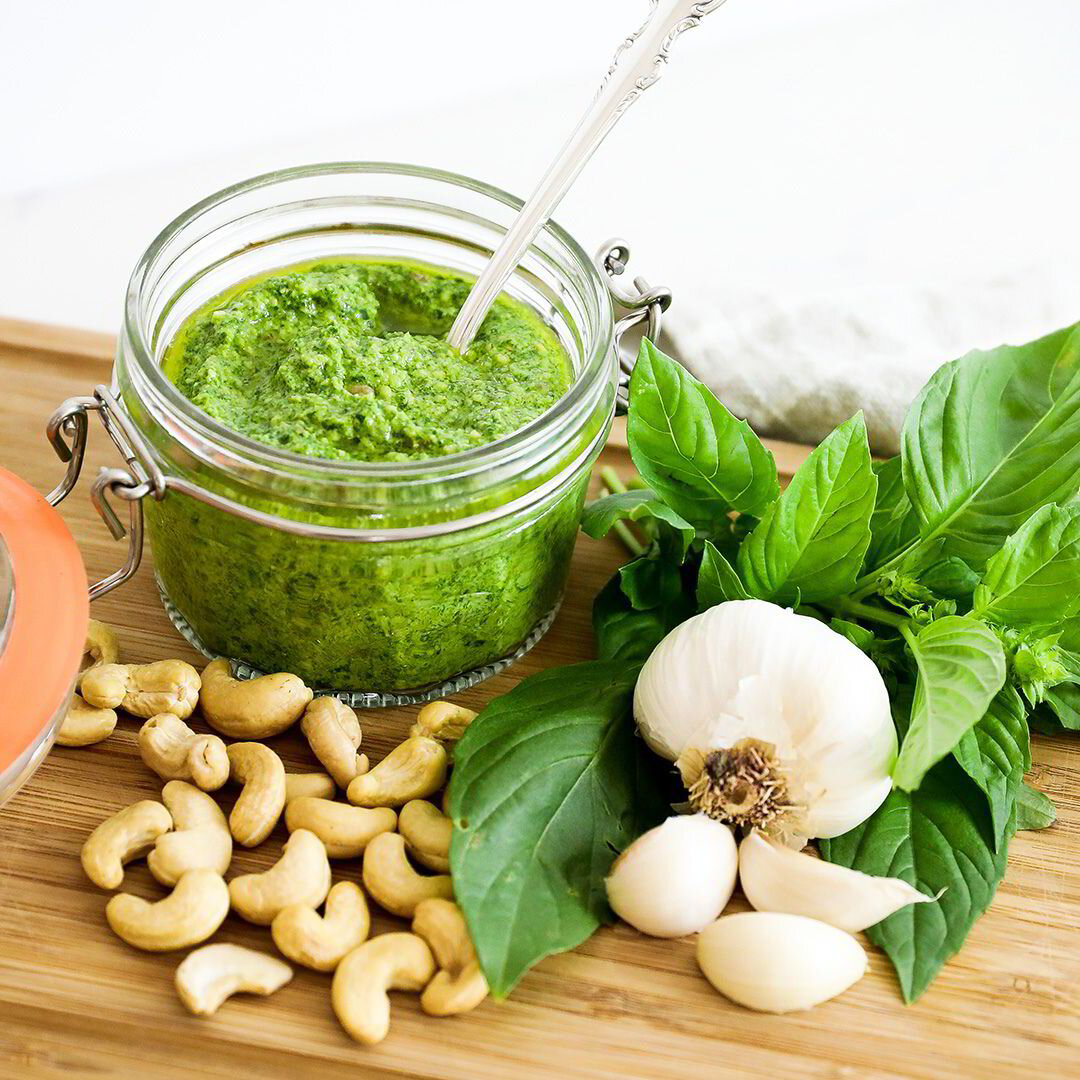Leaf Seekers, are you experiencing fascia-related discomfort? Many on kratomforum.org discuss natural remedies, and understanding the role of nutrition in fascia tissue recovery is key. This article explores natural foods to support fascia tissue recovery, offering practical advice to help you regain your mobility and well-being. Finding the right natural foods to support fascia tissue recovery can be transformative.
Understanding Fascia and its Importance
Fascia is a continuous web of connective tissue that surrounds and supports every muscle, organ, and structure in your body. It plays a crucial role in posture, movement, and overall bodily function. When fascia becomes restricted or inflamed (a condition often referred to as fascial adhesions), it can lead to pain, stiffness, and limited range of motion. This can significantly impact your quality of life. Therefore, understanding how to utilize natural foods to support fascia tissue recovery is vital for maintaining optimal health.
The Role of Nutrition in Fascia Health
Nutrition plays a pivotal role in supporting healthy fascia. The components of your diet directly impact the health and flexibility of your fascia. Lack of proper nutrition can lead to poor hydration, inflammation, and reduced collagen production—all contributing factors to fascial adhesions. Finding the right natural foods to support fascia tissue recovery is essential to address these issues. The power of nutrition in healing your fascia should not be underestimated.
Natural Foods to Support Fascia Tissue Recovery: Top Choices
Several natural foods can significantly contribute to fascia tissue recovery. These foods provide essential nutrients that support hydration, reduce inflammation, and promote collagen production. The benefits of incorporating these natural foods to support fascia tissue recovery are numerous.
Hydration Heroes: Water and Nutrient-Rich Fluids
Adequate hydration is paramount for healthy fascia. Water is the most crucial component, ensuring proper tissue lubrication and flexibility. Infuse your water with slices of cucumber or lemon for added flavor and electrolytes. Herbal teas, especially those with anti-inflammatory properties like chamomile or ginger, can also contribute to optimal hydration and support fascia tissue recovery. Remember, consistently choosing natural foods to support fascia tissue recovery starts with proper hydration.
Anti-Inflammatory Powerhouses
Inflammation is a major culprit in fascial restrictions. Incorporating anti-inflammatory foods into your diet can help reduce pain and promote healing. Leafy green vegetables, berries, fatty fish (rich in omega-3 fatty acids), and turmeric are excellent choices. These natural foods to support fascia tissue recovery work synergistically to combat inflammation and promote healing. It’s amazing how powerful natural foods to support fascia tissue recovery can be.
Collagen Boosters
Collagen is a crucial protein that forms the structural framework of your fascia. As we age, collagen production naturally declines, contributing to fascial stiffness. Foods rich in collagen or those that support collagen synthesis are vital for maintaining fascial health. Bone broth, rich in collagen peptides, is a fantastic option. Other excellent choices include foods high in vitamin C (like citrus fruits and bell peppers), which is essential for collagen production. These natural foods to support fascia tissue recovery are crucial for rebuilding and strengthening your fascia. The impact of these natural foods to support fascia tissue recovery is profound.
Other Essential Nutrients
Beyond hydration, anti-inflammatory properties, and collagen, other nutrients are vital for fascia health. These include:

Vitamin D: Crucial for cell growth and repair. Sunlight exposure is the best source, but supplementation may be necessary.
Magnesium: Plays a crucial role in muscle relaxation and reducing inflammation. Dark leafy greens, nuts, and seeds are good sources.
Zinc: Supports collagen synthesis and wound healing. Pumpkin seeds, lentils, and chickpeas are excellent sources.
These nutrients, often found in abundance in whole, unprocessed foods, are integral components of a diet focused on natural foods to support fascia tissue recovery. Choosing natural foods to support fascia tissue recovery means prioritizing these essential nutrients.
Practical Tips for Incorporating Natural Foods to Support Fascia Tissue Recovery

Transitioning to a diet that prioritizes natural foods to support fascia tissue recovery doesn’t require a complete overhaul. Start with small, manageable changes. For example, begin by increasing your daily water intake and incorporating one or two new anti-inflammatory foods into your meals. Gradually increase the variety of natural foods to support fascia tissue recovery as you become more comfortable.
Avoid processed foods, sugary drinks, and excessive amounts of saturated and trans fats. These foods can exacerbate inflammation and hinder fascia tissue recovery. Remember that consistency is key; the cumulative effect of choosing natural foods to support fascia tissue recovery will be significant over time. The journey towards healing with natural foods to support fascia tissue recovery is a marathon, not a sprint.
Combining Nutrition with Other Therapies
While nutrition is a critical component of fascia tissue recovery, it’s often most effective when combined with other therapies. Gentle movement, such as yoga or Pilates, can help improve fascial flexibility and reduce adhesions. Myofascial release, a manual therapy technique, can also address fascial restrictions. Combining these approaches with a diet rich in natural foods to support fascia tissue recovery can accelerate the healing process. The synergistic effects of a holistic approach are undeniable.
Common Questions About Natural Foods to Support Fascia Tissue Recovery
Many people have questions about the role of nutrition in fascia health. Here are some common queries and their answers:
Q: How long does it take to see results from dietary changes?
A: Results vary depending on the individual and the severity of fascial restrictions. However, many people report noticeable improvements within a few weeks of incorporating natural foods to support fascia tissue recovery into their diet.
Q: Are there any specific supplements I should consider?
A: While a whole-foods diet is generally sufficient, some individuals may benefit from supplementation, particularly with vitamin D, magnesium, or collagen peptides. Consult with a healthcare professional or registered dietitian to determine if supplementation is appropriate for you.
Q: Can diet alone heal severe fascial adhesions?
A: For severe cases, diet alone may not be sufficient. Combining dietary changes with other therapies, such as myofascial release or physical therapy, is usually recommended.
Addressing these common questions helps clarify the importance of natural foods to support fascia tissue recovery and highlights the importance of a holistic approach.
Recipes Featuring Natural Foods to Support Fascia Tissue Recovery
Incorporating natural foods to support fascia tissue recovery can be delicious and enjoyable. Here are a few recipe ideas:
Anti-inflammatory Smoothie: Blend spinach, berries, banana, almond milk, and a teaspoon of turmeric.
Collagen-Boosting Bone Broth Soup: Use bone broth as the base for a hearty soup with vegetables like carrots, celery, and onions.
Nourishing Salad: Combine leafy greens, avocado, salmon, and a lemon vinaigrette.
These recipes are just starting points; feel free to experiment with different ingredients to create your own delicious and nutritious meals that support fascia tissue recovery. Remember, the pleasure of eating nourishing food is an integral part of the journey to healing with natural foods to support fascia tissue recovery.
The Long-Term Benefits of a Fascia-Friendly Diet
The benefits of incorporating natural foods to support fascia tissue recovery extend far beyond pain relief. A diet rich in these foods promotes overall health and well-being. Improved hydration, reduced inflammation, and increased collagen production contribute to better skin health, stronger joints, and improved digestive function. By making long-term dietary changes that prioritize natural foods to support fascia tissue recovery, you invest in your overall health and well-being.
Finding Support and Resources
Many resources are available to help you learn more about fascia health and nutrition. Registered dietitians and healthcare professionals can provide personalized guidance and support. Online communities, such as kratomforum.org (though remember to always consult a professional for health advice), can also offer a supportive environment for sharing experiences and information. The journey to healing is often easier with support, and choosing natural foods to support fascia tissue recovery is a journey best taken with informed guidance.
Final Thoughts on Natural Foods to Support Fascia Tissue Recovery
Addressing fascial adhesions and promoting overall fascia health requires a holistic approach. Nutrition plays a critical role, and incorporating natural foods to support fascia tissue recovery is a powerful step towards regaining mobility, reducing pain, and improving your overall well-being. By prioritizing hydration, reducing inflammation, and boosting collagen production through your diet, you can significantly impact the health and flexibility of your fascia. Remember, the journey to better health is a process of consistent choices and self-care, and natural foods to support fascia tissue recovery are an essential part of that process. Embrace the power of nutrition and discover the transformative effects of a fascia-friendly diet.
fascia health, fascia recovery, natural remedies, anti-inflammatory diet, collagen boosting foods

